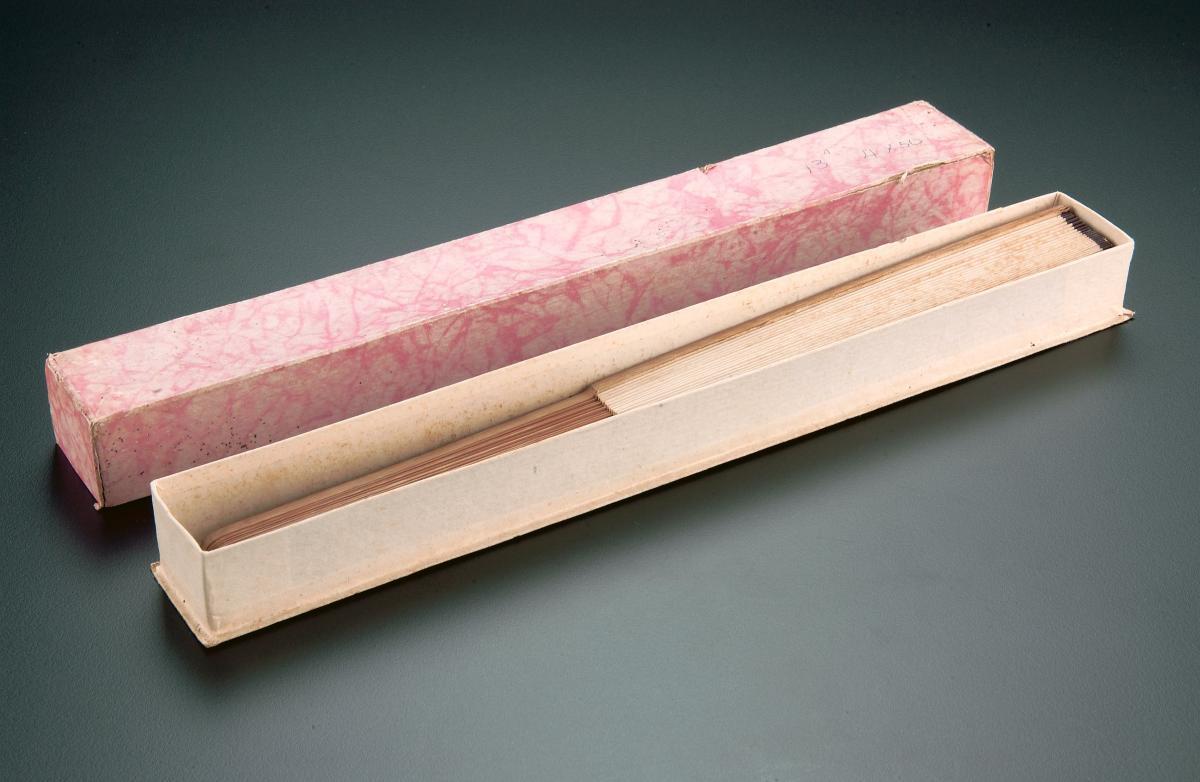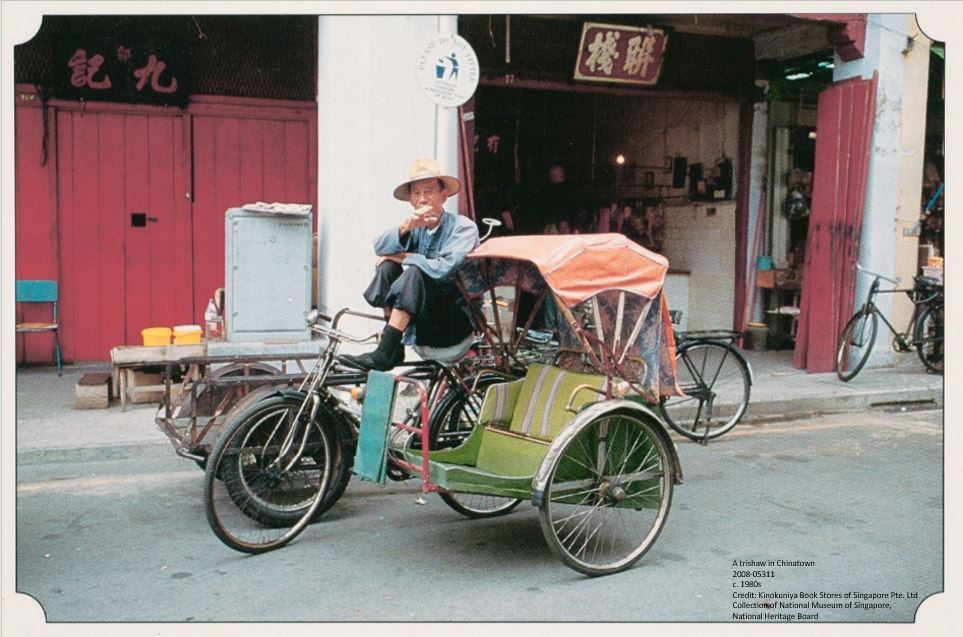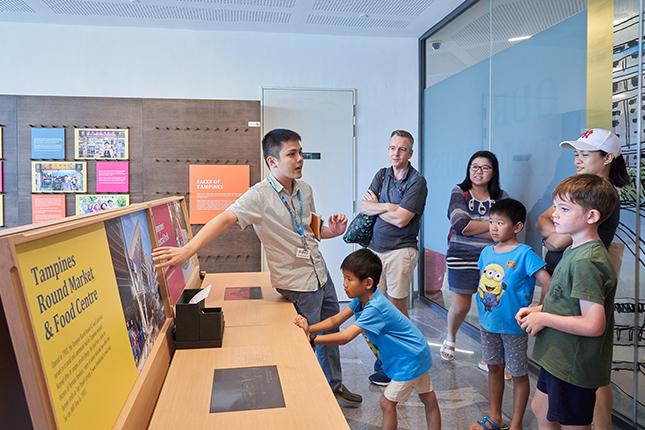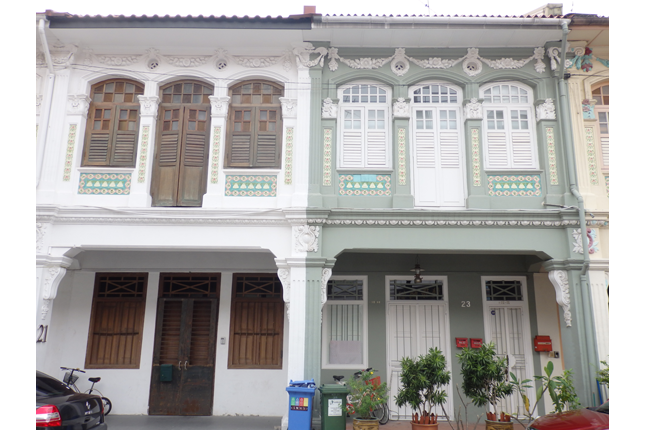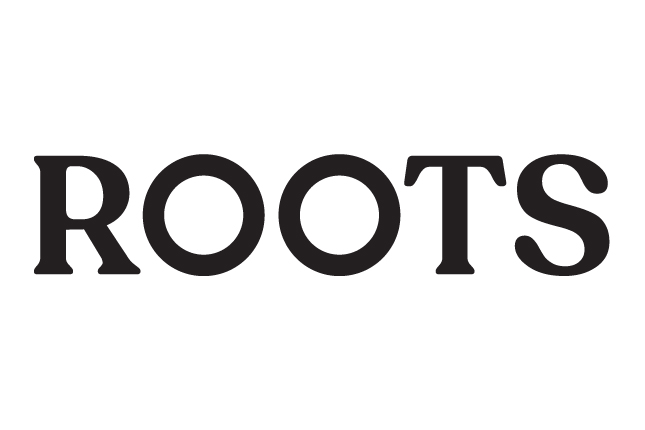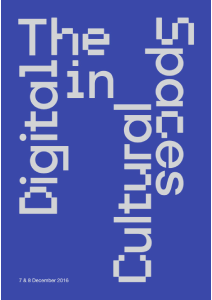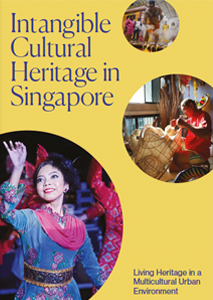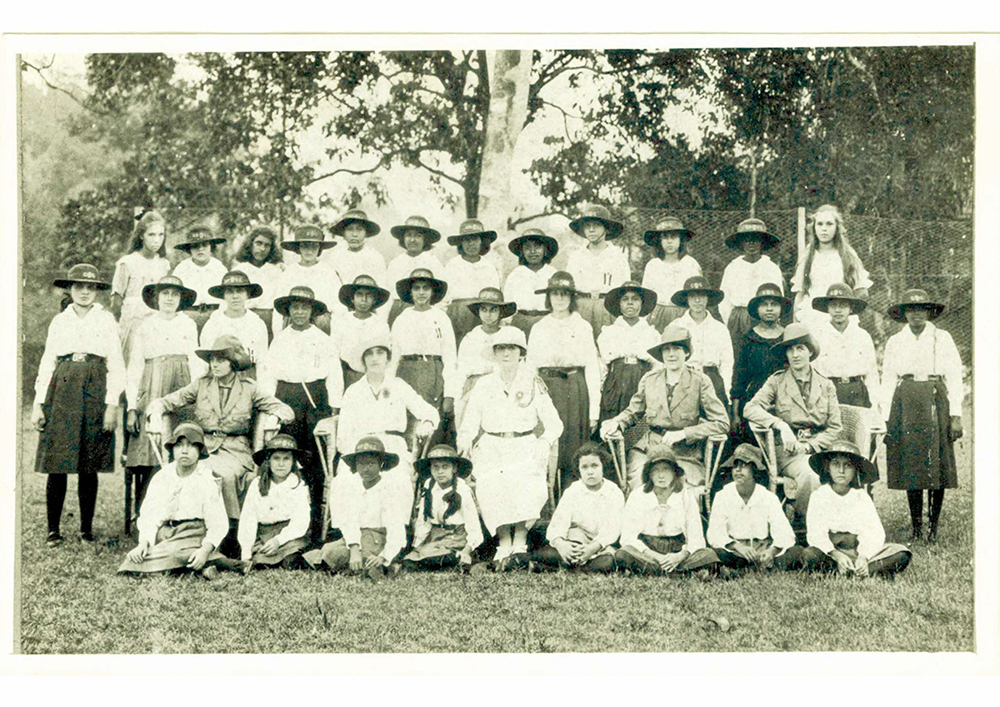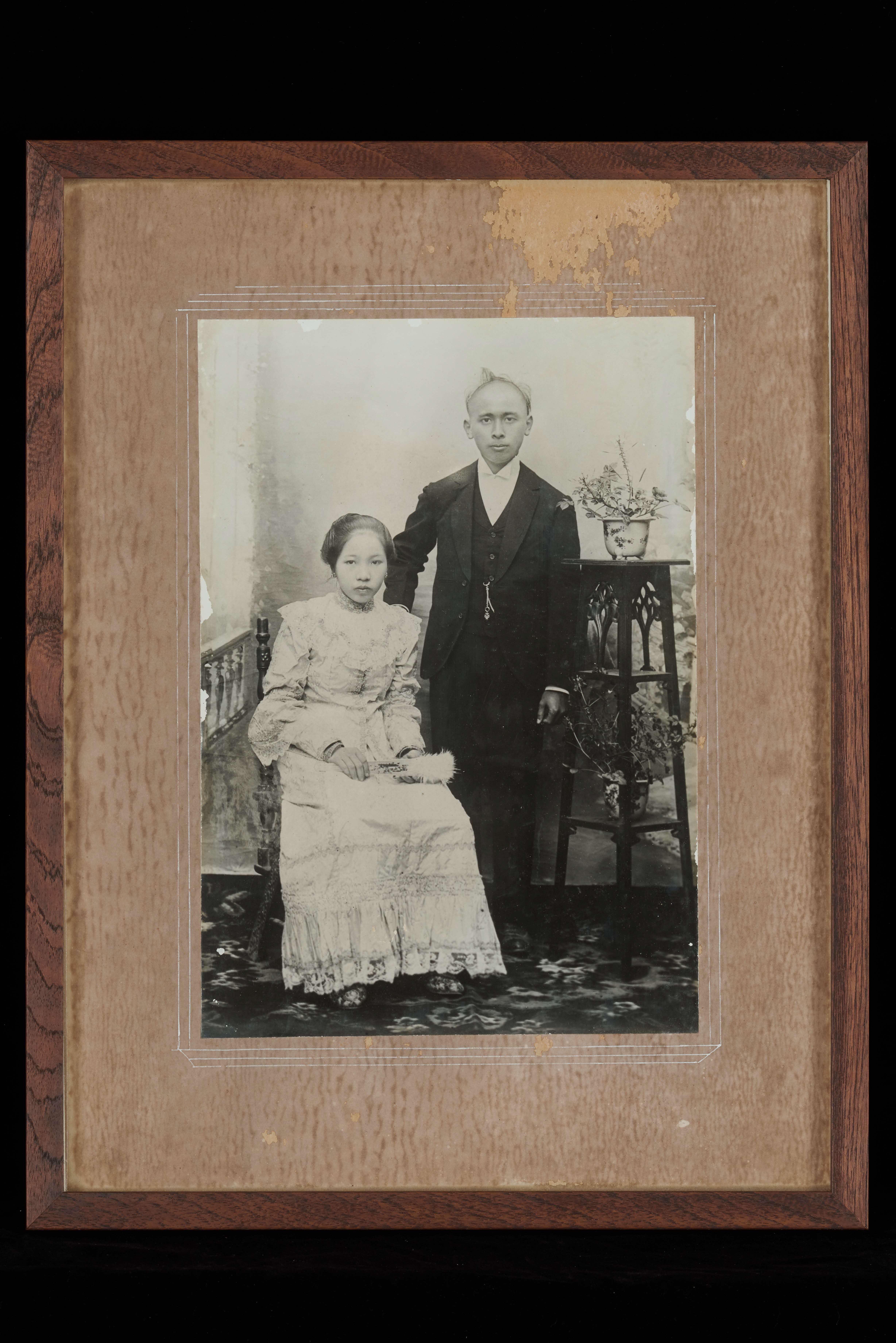The roles in a Chinese opera can be broadly divided into four main categories: ‘sheng’ (male), ‘dan’ (female), ‘chou’ (clown), ‘jing’ (painted face). Each category has several sub-types defined by age, status and personality. The ‘sheng’ roles are classified by age and status – ‘lao’ (old) or ‘xiao’ (young) and ‘wen’ (scholarly or civil) or ‘wu’ (military). The ‘dan’ roles include the ‘hua dan’ (a lively, flirtatious lady), the ‘lao dan’ (a dignified, elderly lady), ‘dao ma dan” (a female warrior), ‘gui men dan’ (a young, unmarried maiden) and ‘qing yi’ (a virtuous young lady). The ‘chou’ is the male comic element and the role is characterized by wit and humour, much like the fool in Shakespearean plays. The ‘jing’ role represents either absolute good or evil and covers a wide spectrum of characters, such as statesmen, warriors, generals, bandits and demons. The colours and patterns on an actor’s painted face indicate the ‘jing’ role that he is playing.




